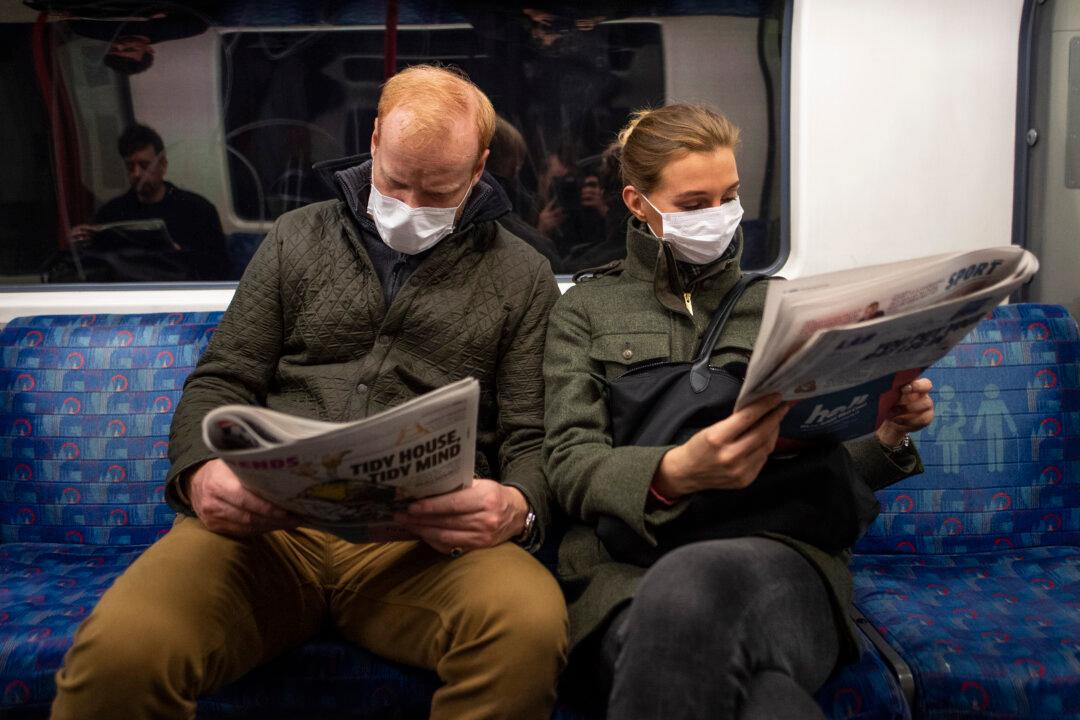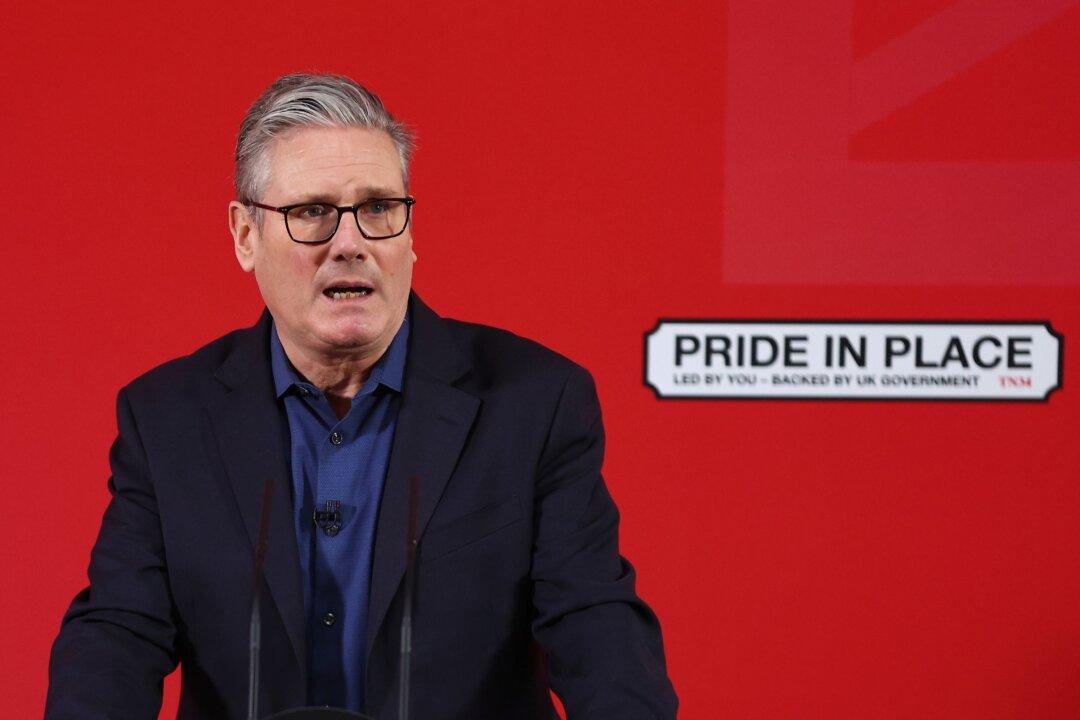The media landscape of Britain has been completely transformed by the wholesale import of USA-style identity politics and social justice rhetoric, according to a new report.
Data released in a new report on Aug. 2 by the British academic and pollster Matt Goodwin has revealed that “social justice” terms associated with critical theorists have exploded in UK media.




